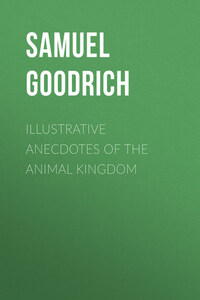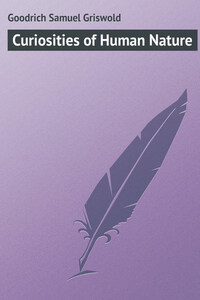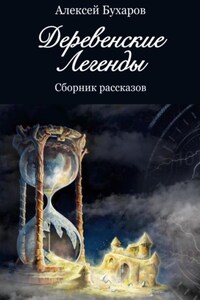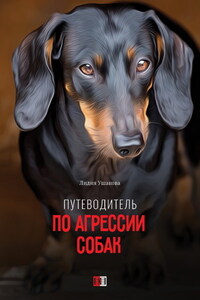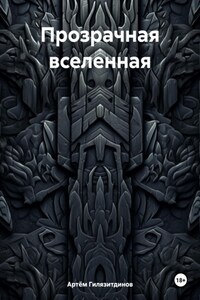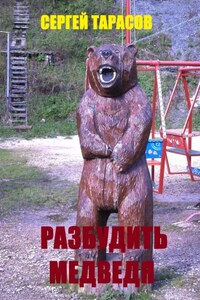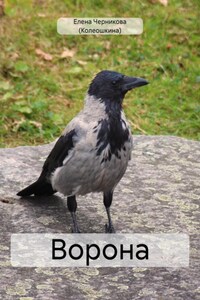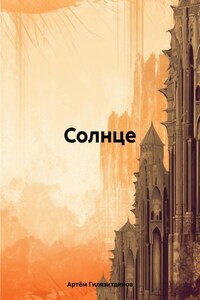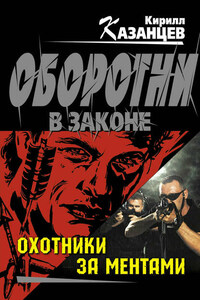ORDER I.
BIMANA,
TWO-HANDED.
MAN
Of this race there is one species, yet divided into many nations, kingdoms, and tribes. These are all grouped under five races: 1. The Caucasian, or white race, including the most highly civilized nations; 2. The Mongolian, or yellow race, including the Tartars, Chinese, Japanese, &c.; 3. The Malay, or brown race, including the people of Malacca, and most of the Oceanic islands; 4. The American, or red race, including the American Indians; and 5. The African, or black race, including Negroes.
Philosophers have been a good deal puzzled for a definition of man; yet it would seem by no means difficult to point out characteristics which distinguish him from all other animated beings. He is not only the acknowledged lord and master of the animal kingdom, but he is the only being that knows God, yet the only one that worships stones, apes, and idols; the only being that has the Bible, and the only one that makes systematic warfare on his own species. He is the only created being that perceives the force of moral obligation, and the only one that makes slaves of his fellow-beings; he is the only creature that has reason, and yet the only one that besots himself with intoxicating drugs and drinks. Man is the only being that has tasted of the tree of knowledge, and yet the only one that appears, in all ages and countries, to be a fallen being, – one not fulfilling, here on the earth, the purposes of his creation. Must we not, from the analogy of the works of God, look to a future state, to find the true end of human existence?
That we may not omit to give at least one illustrative and characteristic anecdote, under the head of "homo sapiens," we copy the following from the quaint pages of Carlyle: —
"What, speaking in quite unofficial language, is the net purport of war? To my own knowledge, for example, there dwell and toil, in the British village of Dumdrudge, usually, some five hundred souls. From these, by certain 'natural enemies' of the French, there are successively selected, during the French war, say thirty able-bodied men. Dumdrudge, at her own expense, has suckled and nursed them; she has, not without difficulty and sorrow, fed them up to manhood, and even trained them to crafts – so that one can weave, another build, another hammer, and the weakest can stand under thirty stone avoirdupois. Nevertheless, amid much weeping and swearing, they are selected, all dressed in red, and shipped away at the public charge some 2000 miles, or, say, only to the south of Spain, and fed there till wanted.
"And now to that same spot, in the south of Spain, are thirty similar French artisans, from a French Dumdrudge, in like manner wending; till, at length, after infinite effort, the parties come into actual juxtaposition, and thirty stand fronting thirty, each with a gun in his hand. Straightway the word 'Fire' is given, and they blow the souls out of one another; and instead of sixty brisk, useful craftsmen, the world has sixty dead carcasses, which it must bury, and anon shed tears for. Had these men any quarrel? Busy as the devil is, not the smallest. They lived far enough apart, were the entirest strangers; nay, in so wide a universe, there was indeed unconsciously, by commerce, some mutual helpfulness between them. How then? Simpleton! their governors had fallen out; and instead of shooting one another, had the cunning to make these poor blockheads shoot."
